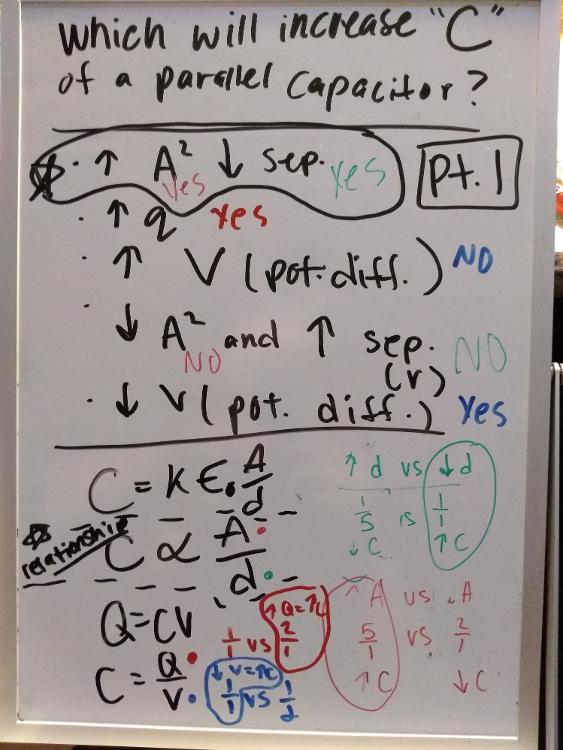

In his completeness theorem (not to be confused with the incompleteness theorems described here), Gödel proved that first order logic is semantically complete. It is not to be confused with semantic completeness, which means that the set of axioms proves all the semantic tautologies of the given language. This is the notion relevant for Gödel's first Incompleteness theorem. However it does not have a recursively enumerable set of axioms, and thus does not satisfy the hypotheses of the incompleteness theorems.Ī set of axioms is ( syntactically, or negation-) complete if, for any statement in the axioms' language, that statement or its negation is provable from the axioms ( Smith 2007, p. 24) harv error: no target: CITEREFSmith2007 ( help). This theory is consistent and complete, and contains a sufficient amount of arithmetic. The theory known as true arithmetic consists of all true statements about the standard integers in the language of Peano arithmetic. Examples of effectively generated theories include Peano arithmetic and Zermelo–Fraenkel set theory (ZFC). This means that there is a computer program that, in principle, could enumerate all the theorems of the system without listing any statements that are not theorems. The incompleteness theorems show that systems which contain a sufficient amount of arithmetic cannot possess all three of these properties.Ī formal system is said to be effectively axiomatized (also called effectively generated) if its set of theorems is a recursively enumerable set ( Franzén 2005, p. 112) harv error: no target: CITEREFFranzén2005 ( help).



There are several properties that a formal system may have, including completeness, consistency, and the existence of an effective axiomatization. The incompleteness theorems are about formal provability within these systems, rather than about "provability" in an informal sense. In other systems, such as set theory, only some sentences of the formal system express statements about the natural numbers. One example of such a system is first-order Peano arithmetic, a system in which all variables are intended to denote natural numbers. In general, a formal system is a deductive apparatus that consists of a particular set of axioms along with rules of symbolic manipulation (or rules of inference) that allow for the derivation of new theorems from the axioms. Particularly in the context of first-order logic, formal systems are also called formal theories. The incompleteness theorems apply to formal systems that are of sufficient complexity to express the basic arithmetic of the natural numbers and which are consistent and effectively axiomatized. 11.3 Translations, during his lifetime, of Gödel's paper into Englishįormal systems: completeness, consistency, and effective axiomatization.8.4 Appeals to the incompleteness theorems in other fields.8.1 Consequences for logicism and Hilbert's second problem.6.2 Construction of a statement about "provability".4.1 Undecidable statements provable in larger systems.3.3 Implications for consistency proofs.2.4 Extensions of Gödel's original result.2.1 Syntactic form of the Gödel sentence.1 Formal systems: completeness, consistency, and effective axiomatization.They were followed by Tarski's undefinability theorem on the formal undefinability of truth, Church's proof that Hilbert's Entscheidungsproblem is unsolvable, and Turing's theorem that there is no algorithm to solve the halting problem. The second incompleteness theorem, an extension of the first, shows that the system cannot demonstrate its own consistency.Įmploying a diagonal argument, Gödel's incompleteness theorems were the first of several closely related theorems on the limitations of formal systems. For any such consistent formal system, there will always be statements about natural numbers that are true, but that are unprovable within the system. The first incompleteness theorem states that no consistent system of axioms whose theorems can be listed by an effective procedure (i.e., an algorithm) is capable of proving all truths about the arithmetic of natural numbers. The theorems are widely, but not universally, interpreted as showing that Hilbert's program to find a complete and consistent set of axioms for all mathematics is impossible. These results, published by Kurt Gödel in 1931, are important both in mathematical logic and in the philosophy of mathematics. Gödel's incompleteness theorems are two theorems of mathematical logic that are concerned with the limits of provability in formal axiomatic theories. For other uses, see Bew (disambiguation).


 0 kommentar(er)
0 kommentar(er)
